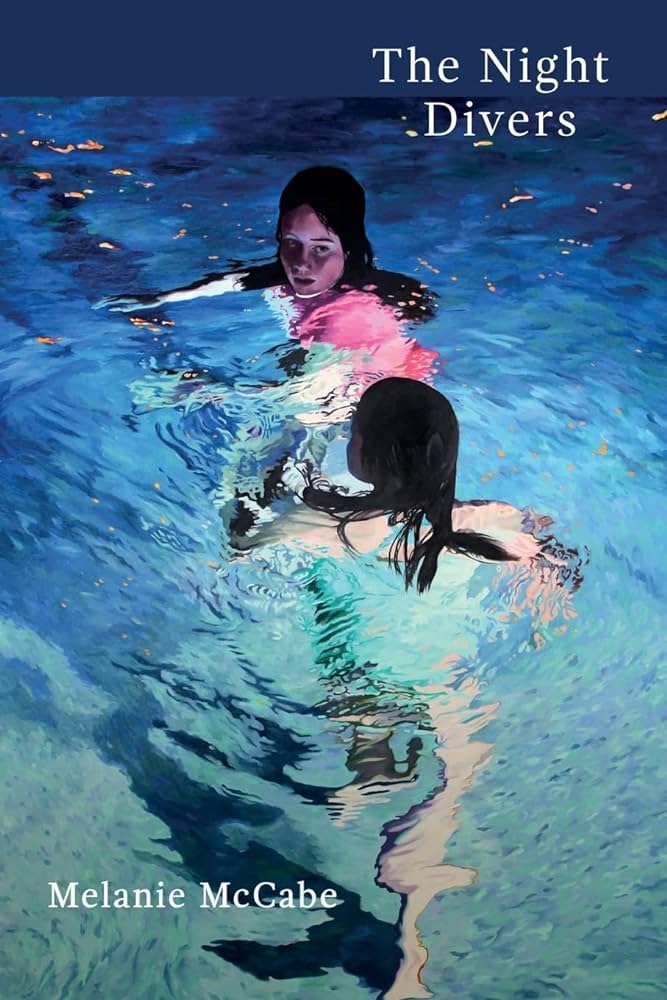About the Poet
Melanie McCabe is the author of three books of poetry: The Night Divers (a finalist for the most recent Library of Virginia Literary Awards), What The Neighbors Know, and History of the Body. Her memoir, His Other Life: Searching For My Father, His First Wife, and Tennessee Williams, won the 2016 University of New Orleans Press’s Publishing Lab Prize and was featured in The Washington Post. McCabe’s work has appeared widely, including in The Washington Post, Reader’s Digest, The Georgia Review, The Massachusetts Review, and elsewhere. She has an MFA from George Mason University and taught English and creative writing in Arlington, Virginia, for twenty-two years.

A Word from the Poet
My latest collection of poems, The Night Divers, once bore a different title, one that I ultimately decided wasn’t quite right. I usually select a title from one of the key poems in a collection and had originally decided to use “If There Are Ghosts.” It never felt like a good fit. Then a friend suggested I consider “The Night Divers” and I knew immediately this was the best choice. It both denotes the scene in that specific poem of the two sisters diving for coins in a hotel pool, but also serves as a metaphor for the collection overall—of diving into/exploring what is dark, challenging, and unknown.
This decision was reinforced when I discovered Massachusetts artist Kat O’Connor whose painting, “The Night Swim,” could not have been a more appropriate—or lovelier—choice for the cover.
In this poem, the speaker and her younger sister are in Rehoboth Beach—a beach town that was a favorite haunt for my sister and me—so it is probably not surprising that this is also the scene of six other poems in the book.
At this moment in time, the speaker in the poem is teetering at the beginning of adolescence, but has not yet abandoned childhood. Teenagers are present in the poem, but they are far off – voices instead of bodies: “…the shrieks of teenagers chasing/ the selves they were becoming faster than they knew…”
The only bodies that exist here are the two girls in the pool as they test their prowess, their limits, their independence, as “proud rebels” in their “contrary/ allegiance to this chlorine-scented center/ of the earth….” Even their parents are nowhere in sight, though the speaker assumes they are close at hand: “I have no memory of being watched, though I suppose/ we were.”
It is important to the ending of the poem that the bottom of the pool that they return to again and again is “lit and well-marked….” At this moment in the speaker’s life, things still made sense; nothing had yet occurred that would cause her to question what lies ahead of her. After each dive, as the sisters return to the surface for the air that they “never doubted” would be there waiting for them, they are not yet aware of a time to come when their expectations will not be fulfilled, when their world will no longer seem as simple as it once did—when, in fact, the life of one of them will be imperiled.
— Melanie McCabe






